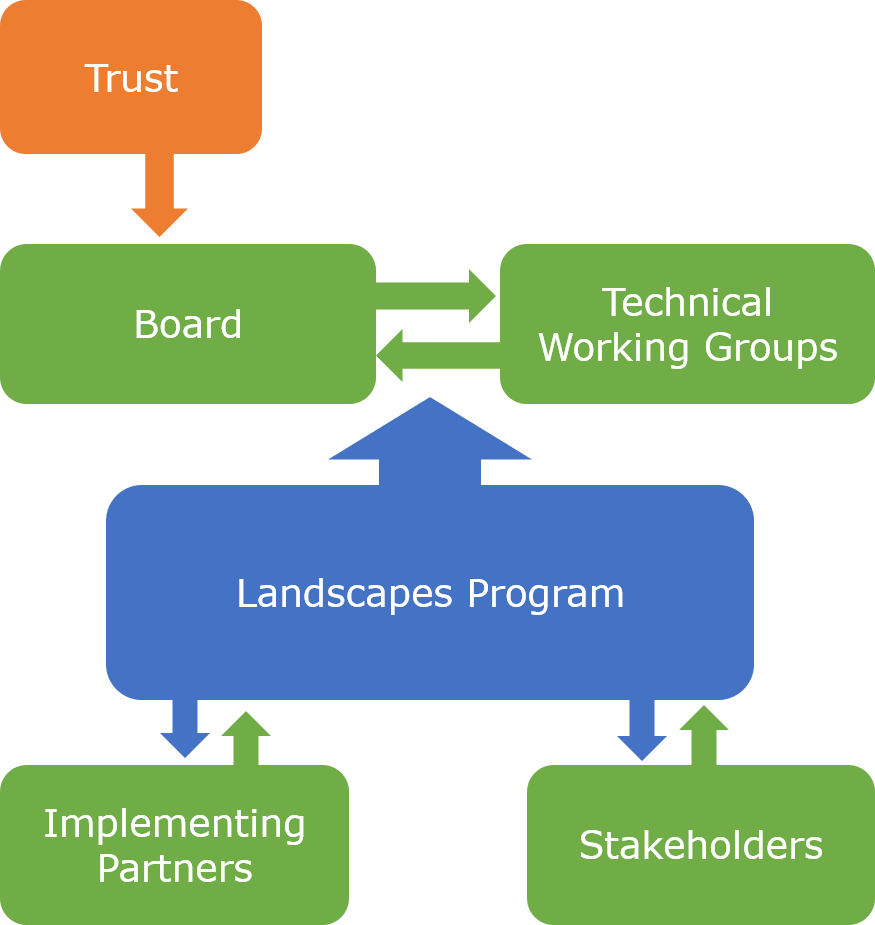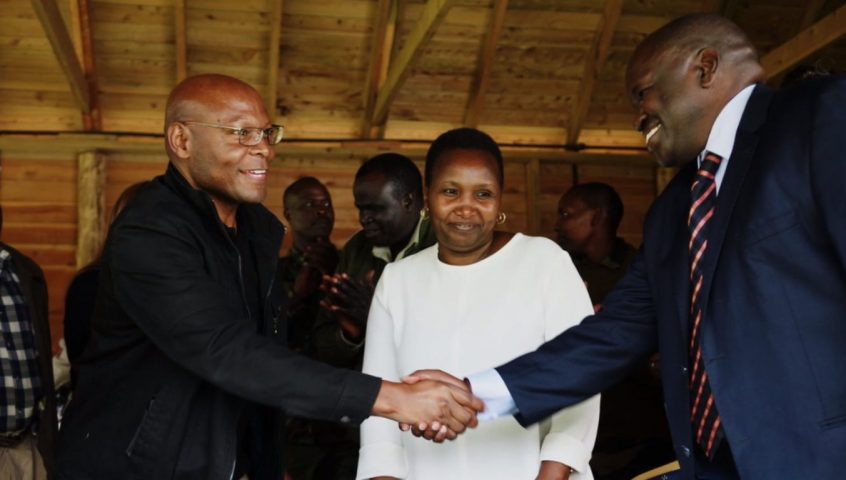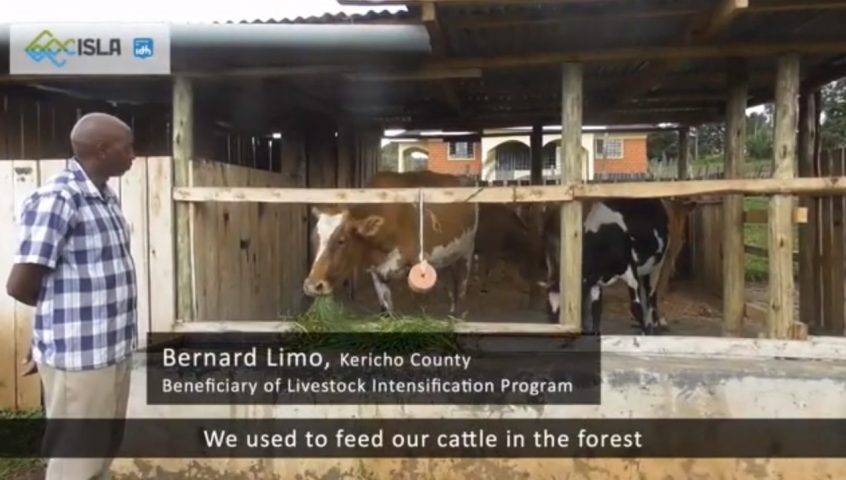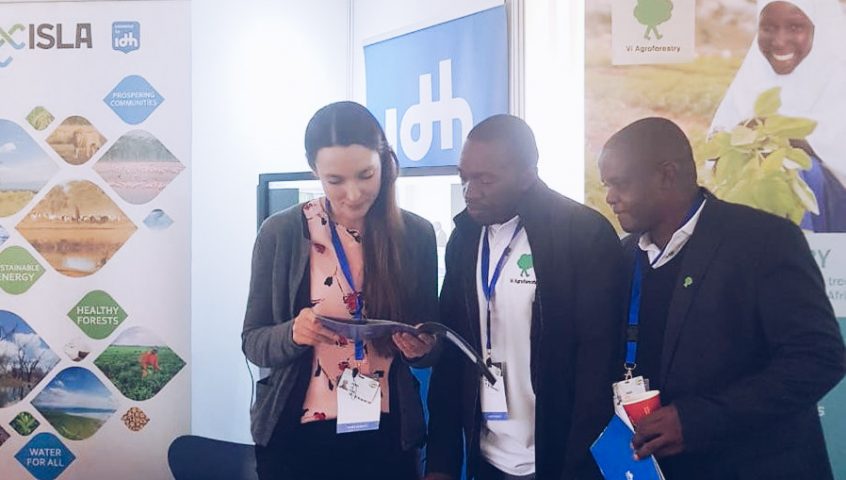We build on the interest of tea and other companies to conserve the South West Mau Forest for its microclimate services and of the Kenyan government to improve livelihoods of communities. Together we work towards a holistic landscape management as well as forest conservation, water, sustainable energy and community livelihoods.
The Mau Forest Complex in western Kenya covers an area of over 400,000 ha and is ecologically and economically critical for Kenya and parts of East Africa. More than 10 million people depend on its rivers. The forest also influences the region’s microclimate such as rainfall patterns, creating ideal conditions to produce crops such as tea. Furthermore, the area is one of Kenya’s main water towers and a significant percentage of its hydroelectric power is generated here.
In recent decades, more than 25% of the forest has either been cut down or degraded, putting tea production, other sectors and community livelihoods at risk. This is caused by growing populations, unsustainable livestock grazing, charcoal burning and timber extraction from the forest.
Addressing these issues has been challenging due to limited coordination between stakeholders. Meanwhile, past sustainability initiatives focused on individual organizations or value chains, with limited impact for the wider region.
In response, IDH built a strong coalition of the Nakuru, Kericho and Bomet national government agencies, tea, energy, telecommunications and timber companies; and civil society made up of NGOs and community groups, implementing partners and knowledge institutions to work together across the landscape.
In close collaboration with the coalition, we developed an integrated action plan based on four areas:
- Forest conservation
- Improvement of water flow and access
- Sustainable energy
- Alternative livelihoods for communities
因为联合政府,私营部门hifted to investing in larger sustainability projects which go beyond farm level.
Publications
| Title | Type | Year |
|---|---|---|
| Finlays: The business case for a landscape approach to sustainable tea production in Kenya and worldwide | Case Study | 2019 |
| South West Mau Project – ISLA poster | Brochure | 2019 |
| ISLA Kenya Annual Report 2017-18 | Annual Report | 2018 |
| ISLA Kenya program action plan | Roadmap | 2018 |
| ISLA Kenya newsletter June 2018 | Report | 2018 |







